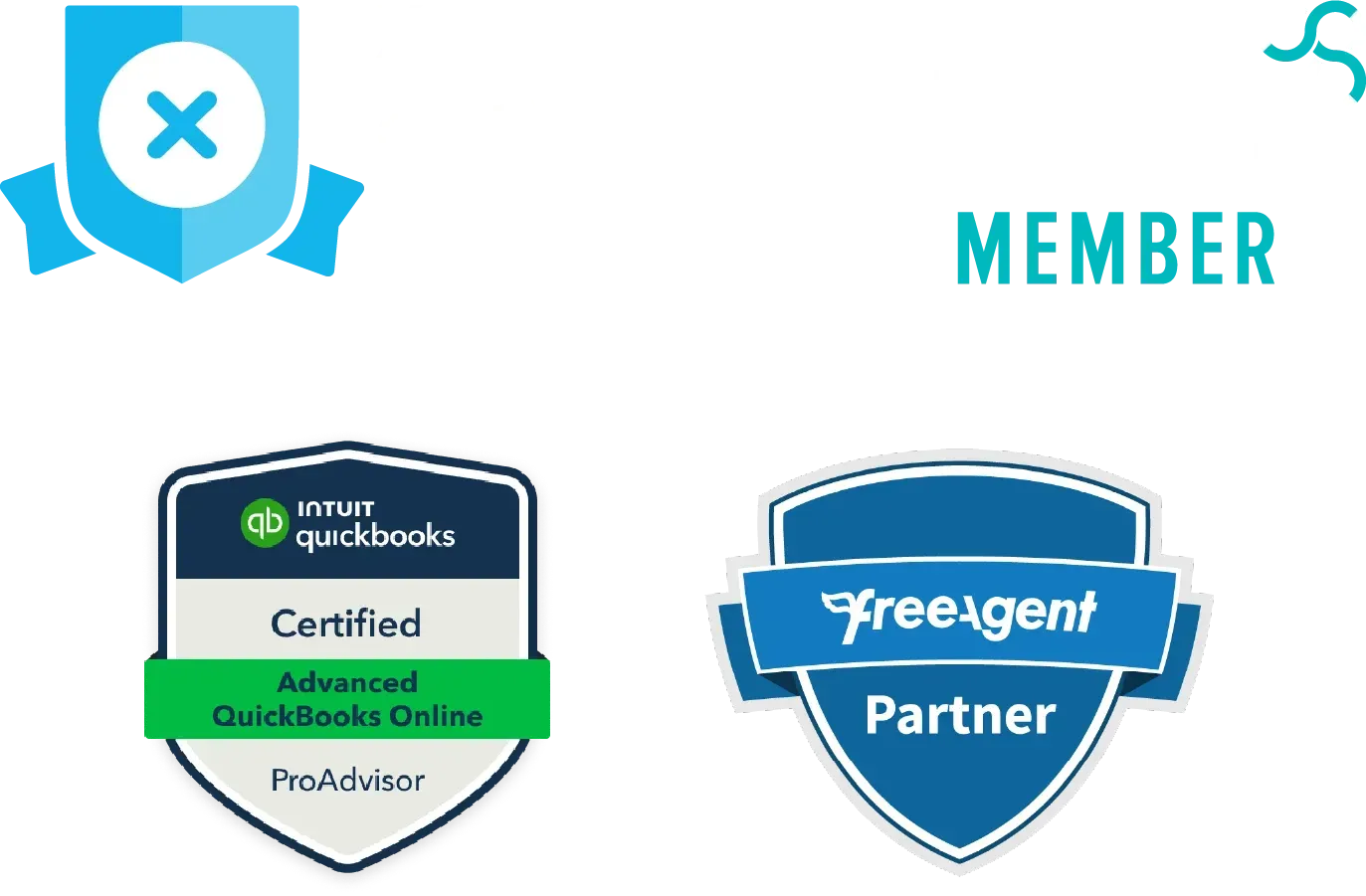Self Assessment Survival Guide: Filing your tax return with confidence
Self Assessment isn’t anyone’s favourite task — it has a way of sneaking up just when you’re busy with everything else. But getting it right (and done early) can save stress, interest, and penalties down the line.
In this blog, I break down what you need to know for the 2024/25 tax return, what’s changed, and how to make the process smoother — whether you file yourself or hand it over to an accountant.
Who needs to file
You’ll usually need to send a Self Assessment tax return if:
- You’re self-employed or in a partnership
- You received untaxed income, like rent, dividends above your allowance, or foreign earnings
- You (or your partner) received child benefit and your income was over £60,000
- You sold property, shares, or cryptoassets that generated a taxable gain
For 2024/25 onwards, HMRC has removed the old “high income” filing requirement for PAYE-only employees — but other income sources can still trigger a return, so it’s worth checking HMRC’s tool if you’re unsure.
What to gather
Before you log in, make life easier by creating one folder — digital or paper — for your records.
You’ll need:
- P60, P45, or P11D forms from employers
- Self-employment income and expense records (and note: the cash basis is now the default for most sole traders)
- Property income statements, repair costs, agent fees
- Savings and investments info (interest, dividends)
- Capital gains and crypto transactions
- Pension contributions and Gift Aid donations
- Student loan details if applicable
Keep your records for at least five years after the 31 January deadline — HMRC can ask for them any time in that window.
Avoiding penalties
The fixed £100 late filing penalty applies even if you owe no tax. After three months, HMRC adds £10 per day, and interest currently runs at 8% on late payments.
If you can’t pay in full, you can usually set up a Time to Pay plan online for debts up to £30,000.
Payments on account
If you owe over £1,000 and less than 80% of your tax was already collected (for example, through PAYE), HMRC will normally ask for two instalments toward your next bill — on 31 January and 31 July.
That means new filers often face a “double hit” in their first year — the full bill for 2024/25 plus the first payment on account for 2025/26. Planning ahead can prevent a nasty surprise.
Reliefs and allowances not to miss
A few areas where people often leave money on the table:
- Pension contributions – higher-rate or additional-rate relief must be claimed via Self Assessment.
- Gift Aid – boosts your donation by 25% and can extend your tax bands.
- Property or trading allowance – up to £1,000 tax-free if income is modest.
- Rent-a-room relief – up to £7,500 for letting a furnished room in your home.
The bottom line
Filing early gives you time to claim every relief you’re entitled to, plan for payments on account, and fix any issues before penalties kick in.
If your income, property, or pension contributions have changed this year, it’s worth getting your return reviewed before submitting.
A quick check now can save you money and stress later.
If you’d like help preparing, reviewing or filing your Self Assessment, I can step in at any stage — from a second look to full preparation and submission.

